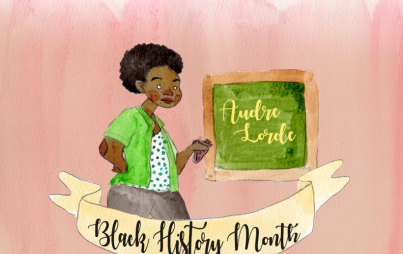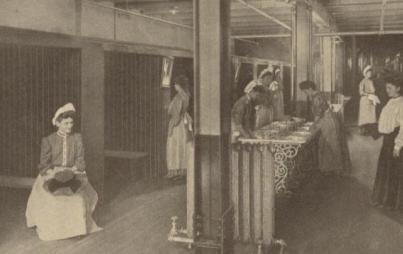
While children’s literature and film will always feign non-violence and "age-appropriate" fodder for their pre-pubescent audience, the plot history of Disney films alone suggest otherwise. Sorry kids, but according to pedophobe writers, your blissful youth should be confronted by a lot of death and not just your parents—you better think about your own rotting corpse, too.
Classic English nursery rhymes also like to get real with children—revealing harsh realities and the political intrigue (murder and violence!) surrounding them. Historical details of the rhymes are debated, but here are some popular interpretations:
"Mary, Mary, Quite Contrary" (1744)
Mary, Mary, quite contrary, How does your garden grow? With silver bells, and cockle shells, And pretty maids all in a row.
Mary I of England. Some might call her contrary . . . others might say murderous psychopath. Bloody Mary was an ardent Catholic, who decided it was time to clean house. Her garden refers to graveyards full of Protestant religious dissenters. Silver bells and cockle shells were instruments of torture, and maids were devices she used to behead. Sarcasm galore in this poem.
"Goosey Goosey Gander" (1784)
Goosey goosey gander, Whither shall I wander? Upstairs and downstairs And in my lady's chamber. There I met an old man Who wouldn't say his prayers, So I took him by his left leg And threw him down the stairs.
Did this story go from a delightful game of hide-and-go-seek to enacting elder abuse? Reacting against Catholics of the past, the now Protestant monarchy took proper religious protocol damn serious. If you didn’t say your prayers correctly—specifically, if you did Latin-based Catholic prayers . . . well, you read the last line.
"Ring Around the Rosie" (1881)
Ring-a-round the rosie, A pocket full of posies, Ashes! Ashes! We all fall down!
You’ve probably figured out by now that this won’t end well. Why do we all fall down? Because, dear reader, we contracted black death. The plague ravaged England in the 1300s, and again in the 1600s; this poem is a 19th century homage to the destruction. The rosie is the rash around the infected flea bite, and people carried posies to try to cover the smell of their own rotting flesh—which inevitably turned to ashes, ashes.
Alright, kiddies, who's ready for snack time?
Image: ThinkStock






